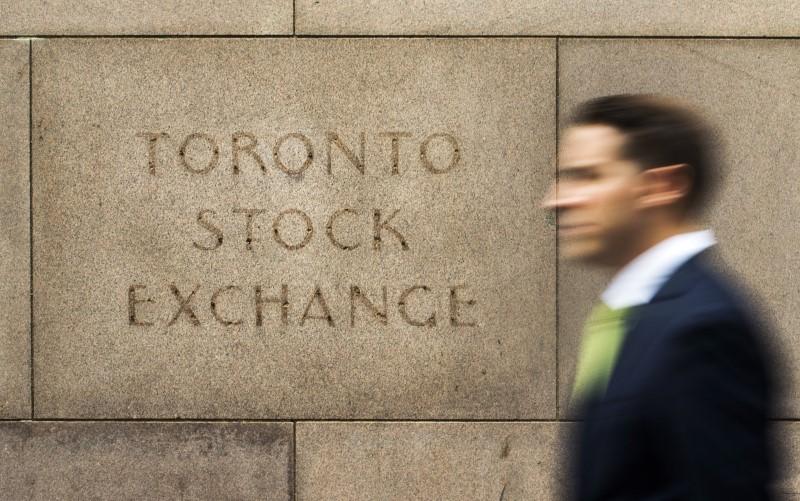The Toronto Stock Exchange (TSX) started on a positive note on Aug. 7, making up for some of the day’s previous losses spurred by a global sell-off, but gains were short-lived.
The TSX was slightly in the red after midday, following U.S. markets closely.





